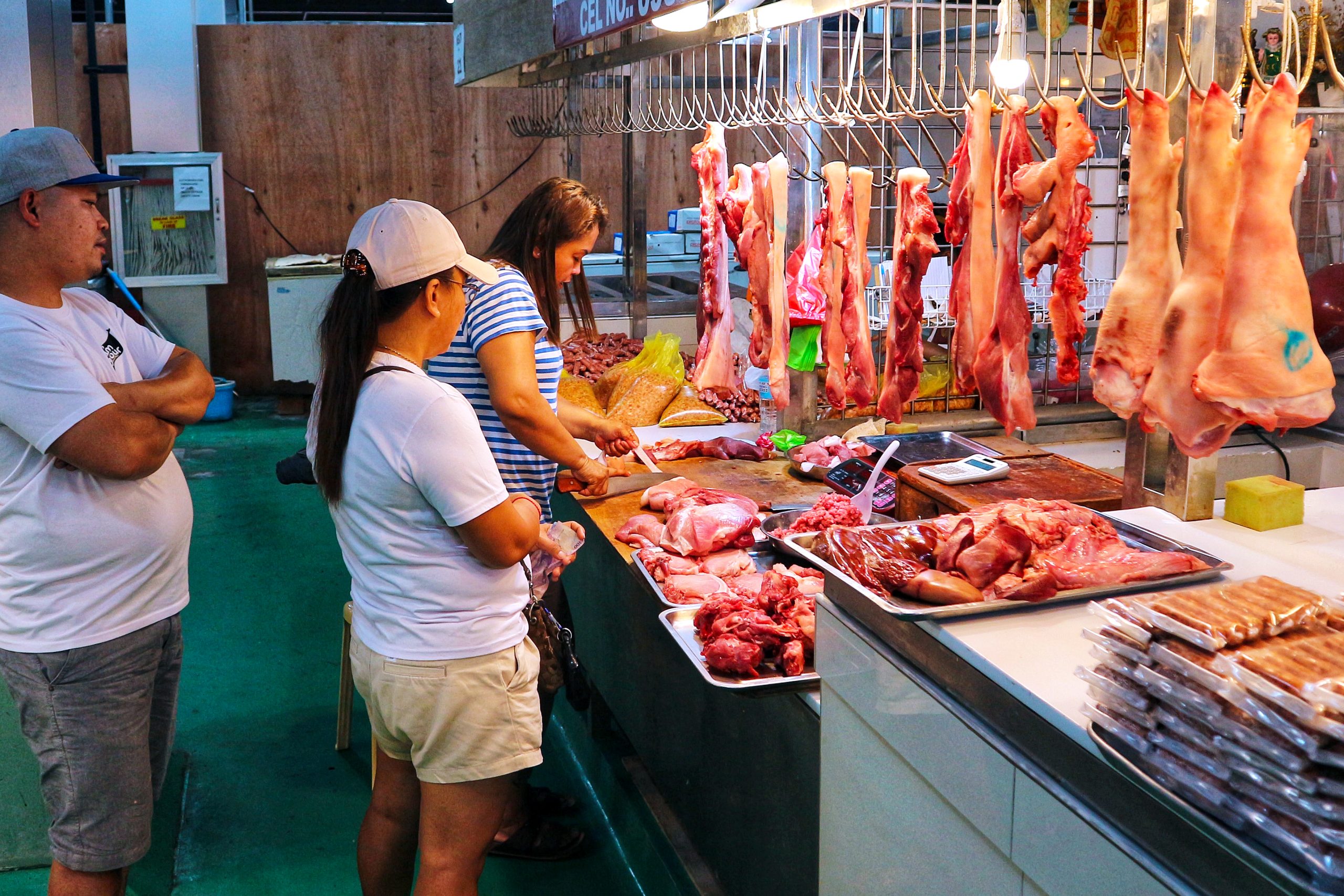
By Brian Jules Campued
The Marcos administration remains committed to securing the country’s food and energy supplies amid the El Niño and La Niña challenges as the Philippines posted a slight uptick in the headline inflation in March, the National Economic and Development Authority (NEDA) said Friday.
NEDA Secretary Arsenio Balisacan cited a Philippine Statistics Authority (PSA) report showing that overall inflation rate in the country quickened to 3.7% in March 2024, faster than the 3.4% registered in February but still significantly slower than March 2023’s rate of 7.6%.
“Despite this increase, the average inflation rate for the first quarter of 2024 stands at 3.3 percent, well within the government’s targeted range of 2.0 to 4.0 percent for the entire year,” Balisacan said.
It also fell within the Bangko Sentral ng Pilipinas’ (BSP) 3.4% to 4.2% forecast range for the month.
“However, inflation could temporarily accelerate above the target range in the next two quarters of the year due to the possible adverse impact of adverse weather conditions to domestic agricultural output and positive base effects,” BSP said in a statement.
In a press briefing, National Statistician and PSA Usec. Claire Dennis Mapa noted that the uptrend was influenced by the higher year-on-year increase in food and non-alcoholic beverages (from 4.6% in February to 5.6% in March) as well as the annual increase of transport (from 1.2% in February to 2.1% in March).
Mapa said that restaurants and accommodation services also contributed to the uptrend in overall inflation, as it recorded an increase of 5.6% from 5.3% in February.
Food inflation went up to 5.7% in March from 4.8% in February–particularly, rice inflation rose to 24.4% from 23.7% during the same period, which was the highest since the 24.6% recorded in February 2009.
Average prices of different rice classes for March monitored by the PSA: about P51.11 per kilogram (kg) of regular-milled rice, P56.44/kg of well-milled rice, and P64.75/kg of special rice. All prices increased from the previous month’s registered average for the respective variants of rice.
The upward trend of rice inflation was still due to the low base effect or the lower rice inflation rate from January to July 2023 as well as high prices in the world market, Mapa explained.
He added that rice inflation contributed 1.8 percentage points or about 48% in the computation of the headline inflation.
“So ang expectation…it will actually increase strongly hanggang mga July because of base effect, unless there is a really some intervention na mangyayari sa market na biglang bababa ang presyo. Wala kaming nakikita sa ngayon,” Mapa said.
Meat inflation, likewise, increased to 2% from 0.7% month-on-month due to rising meat prices, particularly pork—with liempo settling at P344.29/kg, kasim at P329.52/kg, and meat with bones at P297.30/kg.
Government measures amid dry season
Balisacan assured the public that the government is “closely monitoring weather conditions and their effects on the supply of key commodities” to protect households from sudden price increases.
“To ensure sufficient water supply and support our farmers during the dry season, the Department of Environment and Natural Resources has been tasked with monitoring water supply in the country,” he said.
The Department of Agriculture (DA), for its part, is also extending assistance to farmers affected by the drought.
As El Niño conditions persist and La Niña threatens the latter half of the year, Balisacan added that preparations are already starting to ensure food and energy security, availability of clean water supply, as well as public health and safety.
To ease the burden of high electricity prices on vulnerable Filipinos, eligible consumers can receive a 100-percent discount on their monthly bills through the government’s Lifeline Rate program.
As of January 2024, 4.9% of the 4.6 million Pantawid Pamilyang Pilipino Program (4Ps) beneficiaries have registered for the program.
“While we continue to face multiple risks, such as potential adjustments in transportation fares, wages, and service utility fees, the Marcos Administration is committed to managing the country’s inflation,” Balisacan said.
“This will be key to sustaining our growth momentum and providing a better life for our countrymen.” – avds
